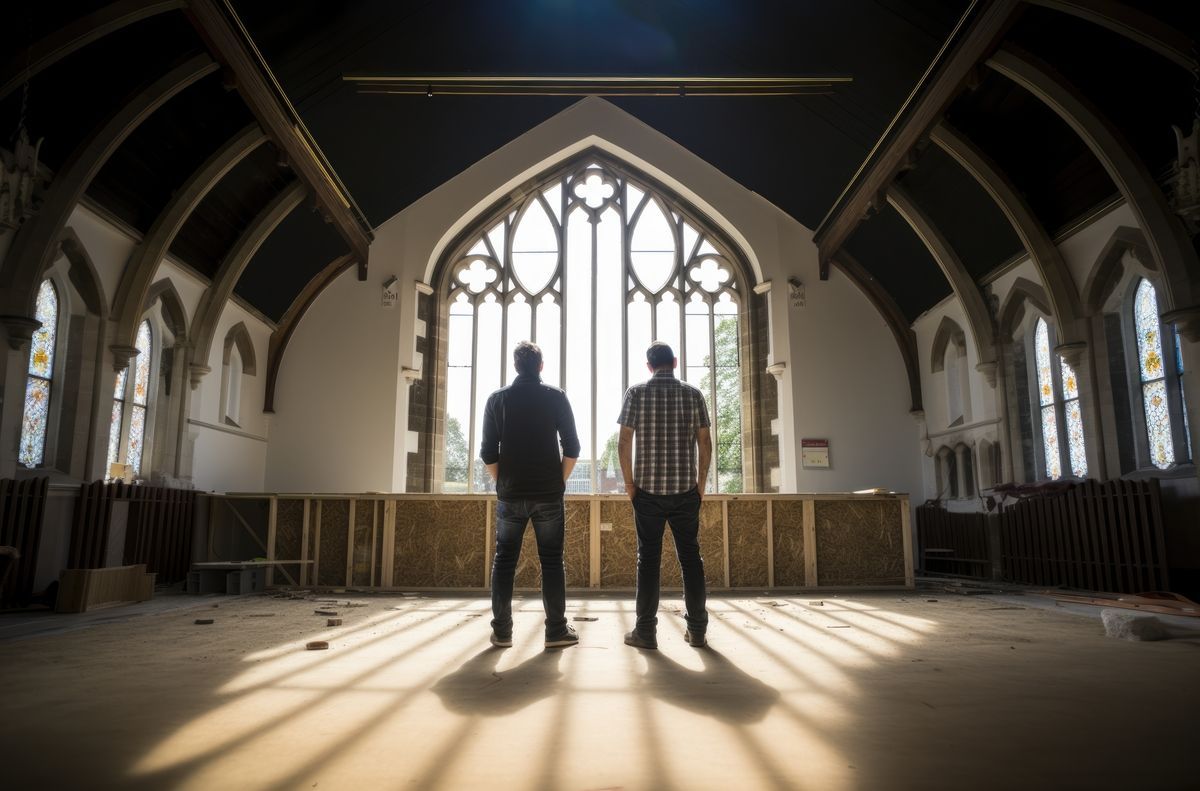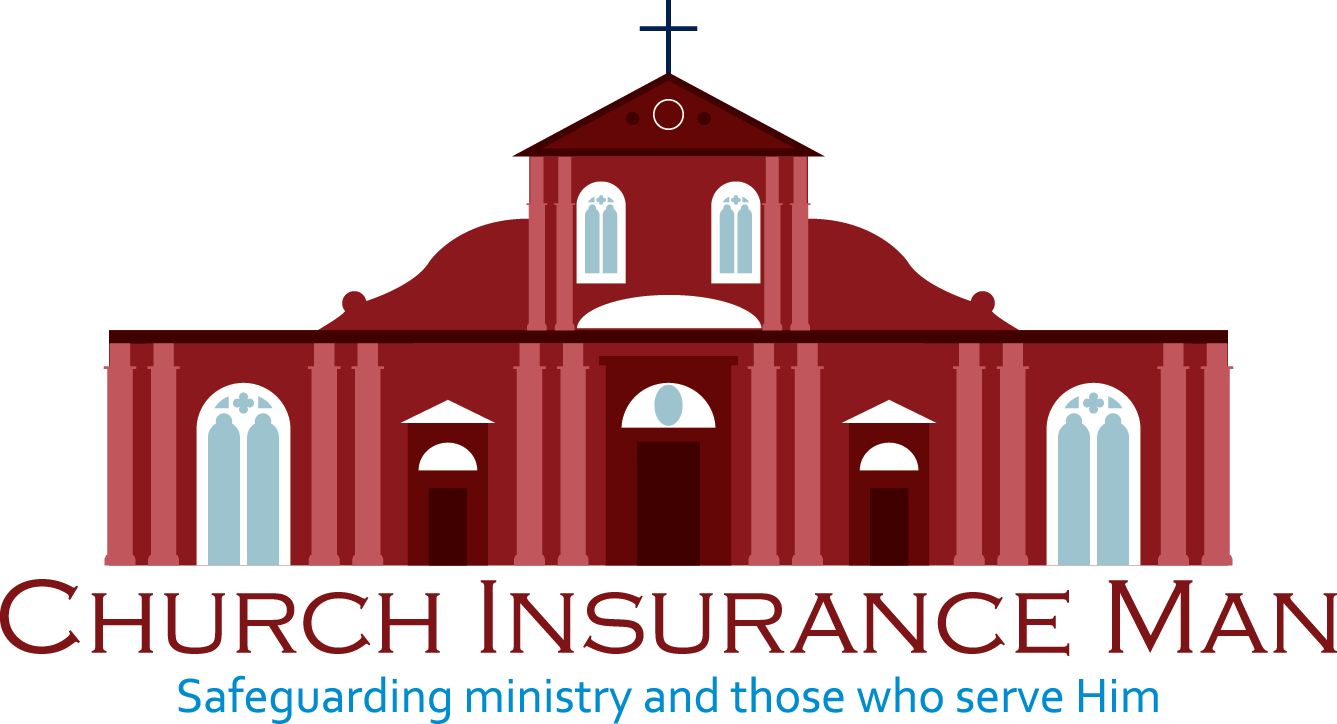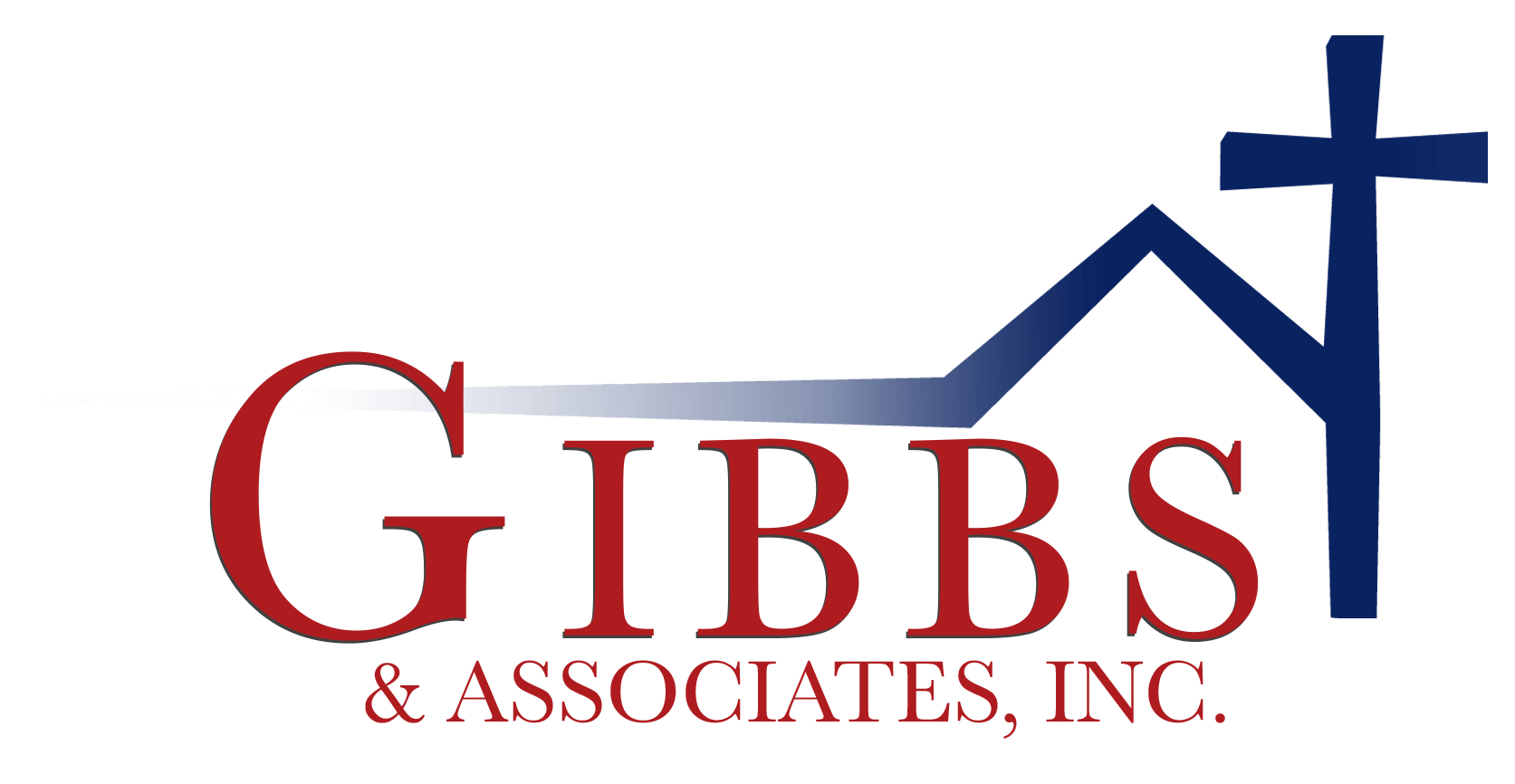Protecting the Flock: Church Risk Management
Importance of Risk Management Plan
Churches are centers of spiritual and social activities that bring communities together. As places of worship and fellowship, they also come with inherent risks. It is essential to manage these risks to ensure the safety and security of the congregation, staff, and property.
This blog will explore church risk management, highlighting the importance of having a risk management plan and the role of church insurance in mitigating potential losses.
What Is Church Risk Management?
Church risk management is the process of identifying, assessing, and controlling risks associated with church operations. This process involves analyzing potential hazards and threats to the church and taking measures to prevent or minimize their impact.
Several factors contribute to the risk profile of a church, including the size, location, activities, and people involved. Church risk management aims to protect the church and its stakeholders from financial, legal, and reputational harm arising from these risks.
Why Is Church Risk Management Important?
Churches face a range of risks that can cause significant financial and legal losses and reputational damage. Some of the common risks faced by churches include:
Property Damage:
Churches can suffer damage from fires, storms, vandalism, and theft.
Injury and Liability:
Churches can be held liable for injuries sustained by members of the congregation, staff, and visitors.
Cybersecurity:
Churches hold sensitive information, such as personal and financial data of members, which can be compromised in cyber attacks.
Child Protection:
Churches have a duty of care to protect children from abuse and neglect on their premises.
Without proper risk management measures, churches can incur significant costs in addressing these risks, impacting their finances and operations. Moreover, incidents such as accidents, abuse, and data breaches can damage the church's reputation and erode trust in its leadership.
What Are the Elements of Church Risk Management?
Church risk management is comprised of several elements that work together to ensure a comprehensive approach to risk management. These elements include:
Risk Identification:
This involves identifying potential risks to the church and its stakeholders, such as property damage, injury and liability, cybersecurity, and child protection.
Risk Assessment:
This involves evaluating the likelihood and impact of identified risks, considering factors such as frequency, severity, and cost.
Risk Mitigation:
This involves taking measures to prevent, reduce, or transfer risks, such as implementing safety procedures, securing insurance coverage, and conducting background checks.
Risk Monitoring:
This involves regularly reviewing and updating risk management measures to ensure they remain effective and relevant.
What Is Church Insurance?
This is a type of insurance coverage designed to provide protection to churches and other religious organizations from financial losses arising from various risks. Church insurance policies typically cover property damage, liability claims, and other risks specific to churches, such as pastoral counseling liability and sexual misconduct liability.
Some of the common types of church insurance include:
Property Insurance:
This covers damage to church property, including buildings, equipment, and furnishings, caused by events such as fires, storms, and vandalism.
General Liability Insurance:
This covers injuries and damages to third parties, such as congregants, staff, and visitors, arising from church operations.
Directors and Officers Liability Insurance:
This covers claims against church leaders for wrongful acts in their official capacities, such as mismanagement or breach of fiduciary duty.
Employment Practices Liability Insurance:
This covers claims arising from employment-related issues, such as discrimination, harassment, and wrongful termination.
Sexual Misconduct Liability Insurance:
This covers claims arising from sexual abuse or misconduct by church staff or volunteers.
Having adequate church insurance coverage is an essential component of church risk management. It provides financial protection against potential losses and helps churches to fulfill their duty of care to their stakeholders.
Conclusion
Church risk management is crucial for protecting churches' safety, security, and reputation. It involves identifying potential risks, assessing their impact, and taking measures to mitigate them. Church insurance is integral to church risk management, providing financial protection against various risks specific to churches.
Churches should work with insurance professionals to assess their risk profile and identify appropriate insurance coverage. By implementing effective risk management measures and securing adequate insurance coverage, churches can ensure the safety and security of their congregants, staff, and property.
Ensure the protection of your church's resources and community. Get in touch with Church Insurance Man today to discover our extensive
church insurance plans, encompassing general liability, property, and business vehicle insurance. Our expertise lies in offering coverage for churches and non-profit organizations in Macon, Columbus, Gainesville, and Gwinnett. Reach out to us today to begin!











